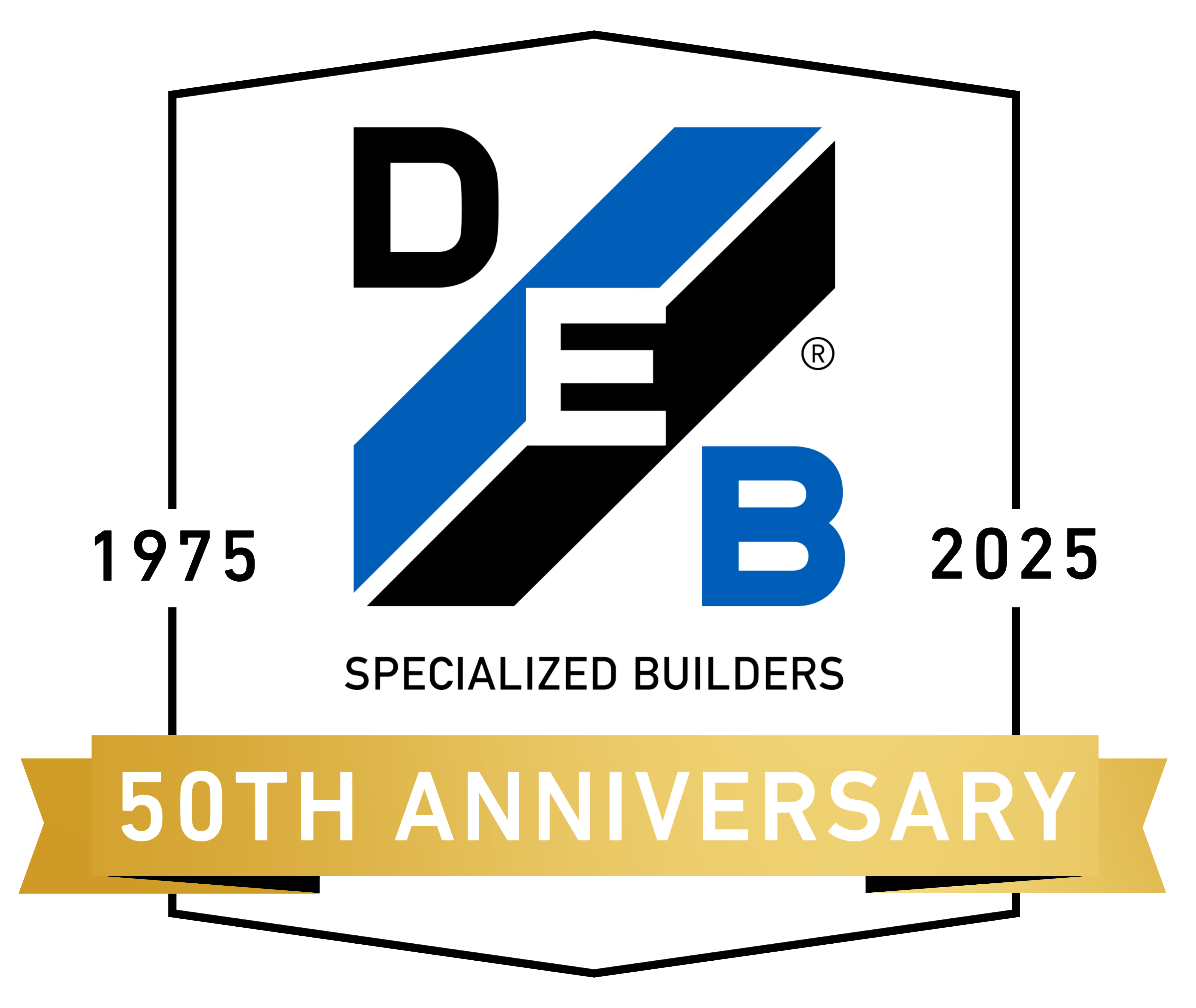7 Essential Tips Every Construction Contractor Should Know for Success
In the competitive world of construction, every Construction Contractor strives not only to deliver outstanding projects but also to achieve lasting success in their business endeavors. With the industry constantly evolving and new challenges emerging, contractors must equip themselves with essential knowledge and strategies to navigate these complexities. This blog will explore seven vital tips that can significantly enhance the effectiveness and efficiency of any Construction Contractor. From mastering project management techniques to understanding the importance of client relationships, each tip serves as a cornerstone for building a robust foundation for sustained growth and profitability. Whether you are a seasoned professional or just starting in the construction field, these insights will empower you to overcome obstacles and elevate your contracting business to new heights.

Understanding Your Client's Needs: The Key to Successful Project Delivery
 Understanding your client's needs is fundamental for successful project delivery in the construction industry, and effective project management methods can significantly enhance this understanding. First and foremost, establishing clear communication channels with clients allows contractors to gain insights into their priorities and expectations. Using techniques such as collaborative meetings and regular updates can help ensure that both parties remain aligned throughout the project lifecycle, minimizing misunderstandings and enhancing trust.
Understanding your client's needs is fundamental for successful project delivery in the construction industry, and effective project management methods can significantly enhance this understanding. First and foremost, establishing clear communication channels with clients allows contractors to gain insights into their priorities and expectations. Using techniques such as collaborative meetings and regular updates can help ensure that both parties remain aligned throughout the project lifecycle, minimizing misunderstandings and enhancing trust.
Another key characteristic of successful project management methods is adaptability. Construction projects often face unforeseen challenges, and being able to pivot quickly is essential. Employing Agile project management principles enables contractors to break down the project into manageable phases, making it easier to incorporate client feedback and adjust plans as necessary. This iterative approach not only keeps the project on track but also empowers clients by involving them in the decision-making process, ensuring that their vision is realized effectively. By prioritizing these key aspects, construction contractors can successfully deliver projects that meet and exceed client expectations.
Creating a Comprehensive Project Plan: Steps to Stay on Track
Creating a comprehensive project plan is a crucial step for construction contractors aiming for success. A well-structured plan serves as the foundation for smooth operations and helps in navigating the complexities that often arise on job sites. Start by clearly defining project goals, timelines, and budgets. This initial assessment is akin to the foundational steps in successful business integrations, where early planning significantly reduces risks and uncertainties.
Next, involve all stakeholders in the planning phase. This collaboration ensures that everyone understands their roles and responsibilities while fostering a sense of ownership over the project. Like the best practices seen in successful mergers and acquisitions, maintaining open lines of communication and addressing potential integration challenges at the outset can lead to more effective execution. By regularly reviewing the project plan and making necessary adjustments, contractors can stay on track, overcoming obstacles with agility and keeping the project aligned with its objectives.
Effective Communication Strategies for Construction Teams
Effective communication is a cornerstone of success in the construction industry. According to a report by McKinsey, effective communication can increase project success rates by up to 25%. Clear and consistent messaging among team members not only enhances collaboration but also minimizes errors, rework, and dissatisfaction. Establishing regular check-ins and utilizing collaborative tools can help facilitate this process, ensuring that all team members are aligned with project goals and timelines.
Moreover, leveraging technology for communication can drastically improve efficiency on construction sites. A study by the Construction Industry Institute revealed that companies implementing project management software reported a 30% reduction in project delays. Utilization of mobile applications for real-time updates allows contractors to communicate vital project changes instantly, reducing misunderstandings and enhancing decision-making. Building a culture of open communication where feedback is encouraged can further foster a responsive work environment, ultimately driving project success and client satisfaction.

Managing Budgets and Resources: Tips for Financial Success
Managing budgets and resources effectively is critical for the success of construction contractors. According to the Construction Financial Management Association (CFMA), about 20% of construction projects exceed the initial budget estimates, which highlights the importance of precise financial planning. One way to avoid budget overruns is to implement a robust budgeting process that involves detailed forecasting and continuous monitoring. By utilizing construction management software, contractors can track expenses in real-time and make informed decisions that help mitigate financial risks.
Moreover, resource allocation is just as vital as managing finances. A report by McKinsey & Company states that construction productivity growth has stagnated, contributing to significant project delays and increased costs. To combat this, contractors should prioritize efficient resource management by adopting data-driven approaches that analyze labor, materials, and equipment utilization. Implementing lean construction principles can streamline workflow, reduce waste, and enhance overall efficiency. This proactive strategy not only saves money but also improves project timelines and client satisfaction, positioning contractors for long-term success in an increasingly competitive industry.
Embracing Technology: Tools Every Contractor Should Use for Efficiency
In today’s rapidly evolving construction industry, embracing technology is no longer optional; it's essential for contractors aiming for efficiency and success. One of the most impactful tools available is project management software, which streamlines planning, scheduling, and communication among team members. This software allows contractors to track progress in real time, manage resources effectively, and maintain transparency with clients, ensuring that everyone is on the same page. By utilizing such technology, contractors can significantly reduce delays and avoid costly miscommunications.
Another crucial technology is Building Information Modeling (BIM), which provides a digital representation of physical and functional characteristics of a project. BIM enhances collaboration across different disciplines, allowing architects, engineers, and contractors to work together seamlessly. By visualizing the project in a detailed 3D environment before construction begins, potential issues can be identified and resolved early on, saving time and resources. Additionally, the use of mobile applications for on-site management enables real-time data entry and access to vital information, ensuring that decisions are based on the most current data available. Embracing these advancements empowers contractors not only to enhance their efficiency but also to elevate the quality of their work.
7 Essential Tips for Construction Contractors
Related Posts
-

Unveiling the Best General Construction Solutions Through Expert Comparison and Analysis
-

7 Best General Construction Techniques You Should Know
-

Choosing the Right Renovation Contractor: Key Factors and Comparative Insights
-

Understanding After Sales Service Benefits and Repair Costs with the Best General Contractor
-

Understanding the Role of a Remodeling Contractor in Home Renovation
-

7 Secrets to Mastering General Construction for Your Next Project
